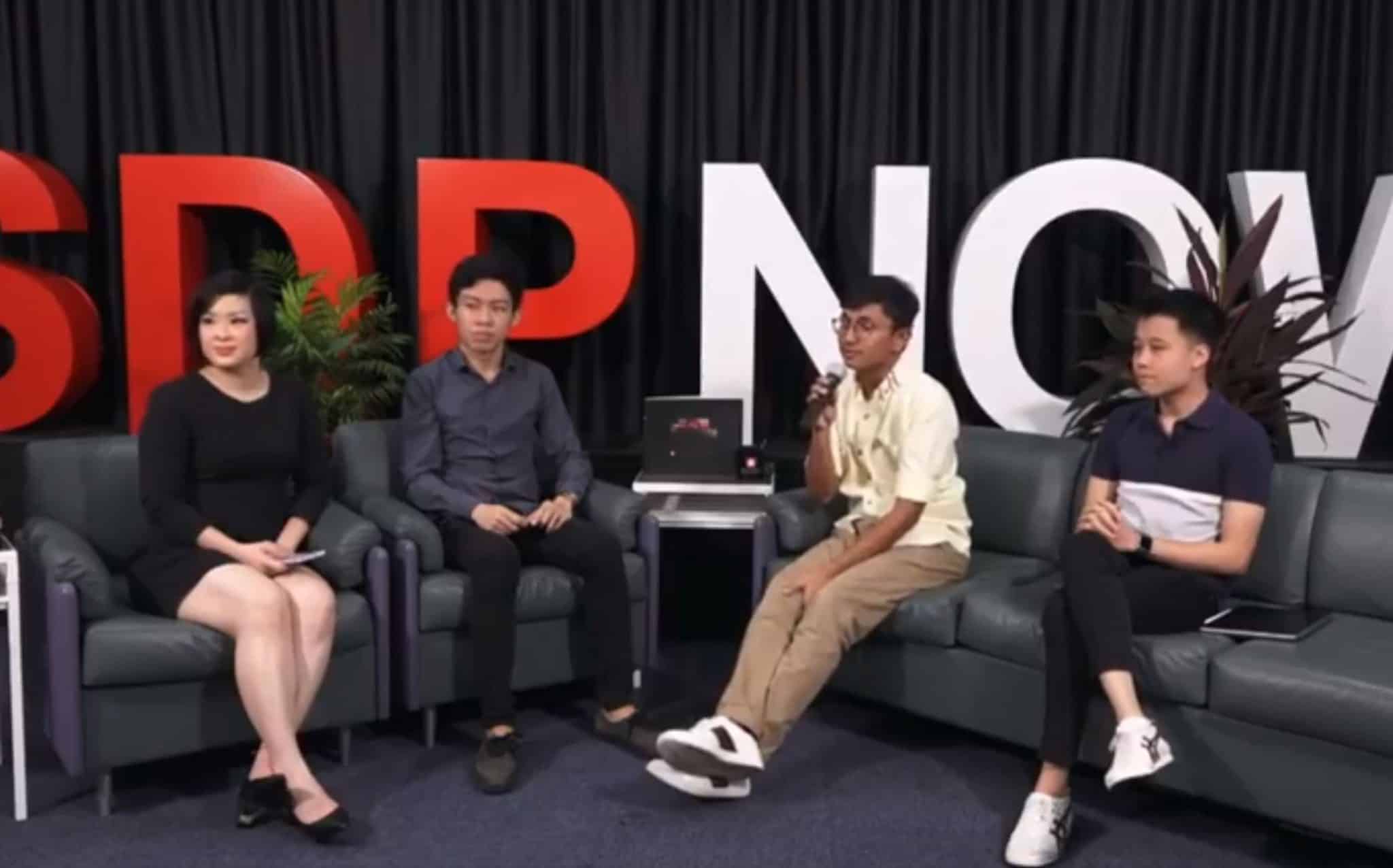Myanmar’s junta cut the nation’s internet and deployed extra troops around the country on Monday as fears built of a widespread crackdown on anti-coup protests, but defiant demonstrators again took to the streets.
The military has steadily escalated efforts to quell an uprising against their seizure of power two weeks ago, which saw civilian leader Aung San Suu Kyi detained along with hundreds of other members of her democratically elected government.
With protesters refusing to back down, the generals imposed an internet shutdown on Monday morning and ratcheted up the military’s presence across the country.
Extra troops were seen in key locations of Yangon, the nation’s commercial hub and biggest city, including armoured personnel carriers near the central bank.
Live-stream images shared on social media platforms before the internet blackout showed more military vehicles and soldiers moving through others parts of the country.
However fresh protests again flared in Yangon on Monday morning, including near the central bank.
Hundreds of engineering and technology students protested in a northern district of Yangon, according to an AFP journalist.
Monitoring group NetBlocks initially said the “state-ordered information blackout” had taken Myanmar almost entirely offline.
However some internet services in Yangon resumed at the start of the working day, according to an AFP reporter in the city.
Deepening fears the military was going to impose a far harsher crackdown, troops in the northern city of Myitkyina fired tear gas then shot at a crowd on Sunday night.
A journalist at the scene said it was unclear whether police had used rubber bullets or live rounds.
Local media outlets said at least five journalists monitoring the protest had been detained and published pictures of some people wounded in the incident.
A joint statement from the US, British and European Union ambassadors urged security forces not to harm civilians.
“We call on security forces to refrain from violence against demonstrators, who are protesting the overthrow of their legitimate government,” they said.
UN Secretary-General Antonio Guterres echoed that call, pushing authorities to “ensure the right of peaceful assembly is fully respected and demonstrators are not subjected to reprisals”.
Through his spokesman, Guterres also asked the military to “urgently” allow Swiss diplomat Christine Schraner Burgener to visit Myanmar “to assess the situation first hand”.
The US embassy advised American citizens to shelter in place and not risk defying an overnight curfew imposed by the regime.
UN special rapporteur Tom Andrews said the junta efforts to rein in the country’s burgeoning protest movement was a sign of “desperation” and amounted to a declaration of war against its own people.
“Attention generals: You WILL be held accountable,” he wrote on Twitter.
Much of the country has been in uproar since soldiers detained Aung San Suu Kyi and her top political allies on February 1, ending a decade-old fledgling democracy after generations of junta rule.
The Nobel laureate spent years under house arrest during an earlier dictatorship and has not been seen in public since she was detained.
Her period of detention was expected to expire on Monday, however her lawyer was not contactable and the generals had given no indication that she would be released.
An internet blackout last weekend failed to quell resistance that has seen huge crowds throng big urban centres and isolated frontier villages alike.
Striking workers who spearheaded the campaign are among at least 400 people to have been detained since the coup, the Assistance Association for Political Prisoners monitoring group said.
Military unmoved by condemnation
Fear of arrest did not deter big crowds from returning to streets around the country for a ninth straight day of street protests on Sunday.
In the southern city of Dawei, seven police officers broke ranks to join anti-coup protesters, mirroring local media reports of isolated defections from the force in recent days.
Parts of the country had in recent days formed neighbourhood watch brigades to monitor their communities and prevent the arrests of residents joining the civil disobedience movement.
“We don’t trust anyone at this time, especially those with uniforms,” said Myo Ko Ko, a member of a street patrol in Yangon.
The country’s new military leadership has so far been unmoved by a torrent of international condemnation.
An emergency session of the UN Human Rights Council on Friday called for the new regime to release all “arbitrarily detained” people and for the military to hand power back to Suu Kyi’s administration.
The junta insists it took power lawfully and has instructed journalists in the country not to refer to itself as a government that took power in a coup.
– AFP







